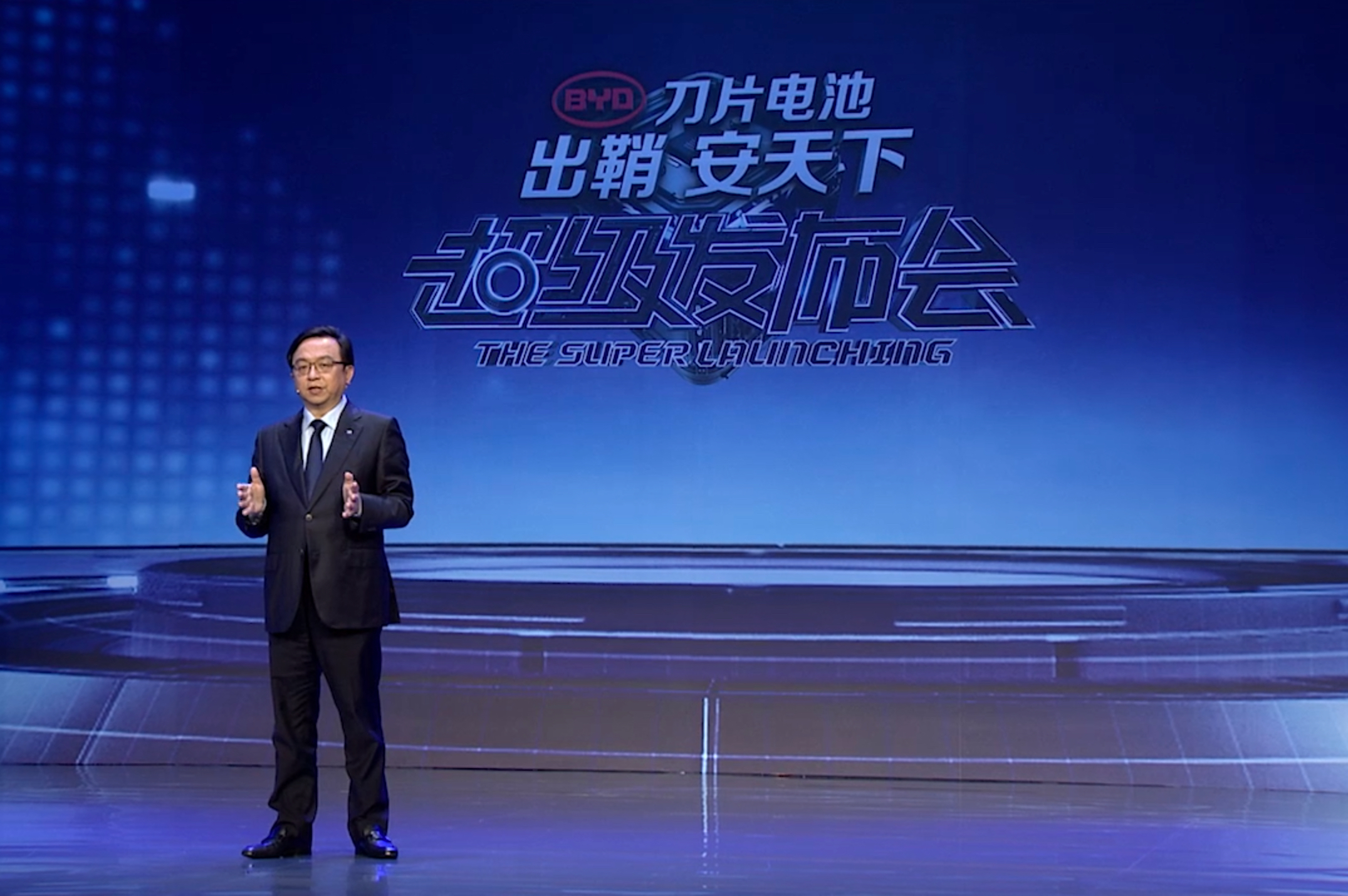Chinese companies, led by Yunnan Energy New Materials (also known as Semcorp), are making significant strides in capturing a major share of the global market for EV battery materials. Yunnan Energy New Materials, which plans to establish its first overseas factory in Hungary this year, aspires to command 50% of the global market by 2025. The company’s focus on production scale and competitive prices has propelled it to surpass Japanese competitors and claim the top spot in the industry. However, in order to sustain its growth trajectory, Yunnan Energy New Materials must navigate three key challenges.
The first challenge lies in addressing the technological gap between Chinese and Japanese counterparts. Industry insiders have cited concerns over the inconsistent quality of Chinese separators compared to the long-standing stability and re-evaluated membrane technology offered by Japanese companies like Asahi Kasei. Overcoming this gap is crucial for Yunnan Energy New Materials to maintain its customer base, which includes major Japanese and Korean battery manufacturers.
The second hurdle is gaining entry into the vast US market. Although Yunnan Energy New Materials has recognized the importance of the United States as a market and expressed plans to establish a factory there, specific strategies and production timelines remain uncertain. The Inflation Reduction Act, passed by the Biden administration in 2022, presents a significant obstacle. Under this legislation, tax credits for battery components made by foreign companies will be excluded from 2024, potentially impacting Yunnan Energy New Materials’ US strategy if its products become ineligible for subsidies.
The third challenge pertains to concerns surrounding the potential oversupply of battery diaphragms. Rystad Energy, a Norwegian research company, has reported an increase in vehicle battery inventory worldwide, a situation which poses risks for companies like Yunnan Energy New Materials that are making substantial investments to expand their market share.
While Yunnan Energy New Materials faces these obstacles, it is not the sole Chinese battery material company expanding globally. Chinese companies currently control approximately 60% of the global vehicle battery market, capitalizing on the rapid growth of Chinese EV battery manufacturers such as CATL and BYD. In contrast, Japanese companies have struggled to compete, with Chinese counterparts claiming the lion’s share of the market for battery materials.
In the battle for market dominance, the focus is now shifting to next-generation batteries. Advancements in semi-solid batteries, which transform the electrolyte from liquid to gel, and all-solid batteries, are expected to enhance battery performance and safety.

